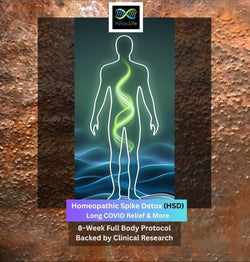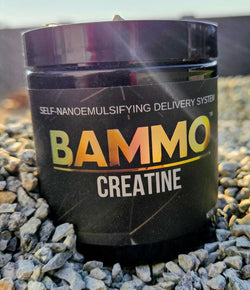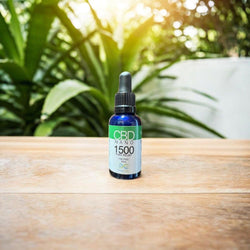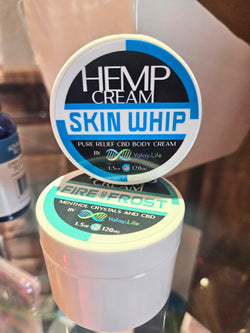Chronic inflammation is a major, often overlooked contributor to long-term illness. One growing area of concern is the synthetic spike protein from SARS-CoV-2, which the body may struggle to eliminate on its own. This lingering protein can act as a trigger for prolonged immune activation, setting off a chain reaction that harms healthy tissues and slows healing.
When inflammation becomes chronic, the immune system can no longer distinguish between harmful invaders and the body’s own cells. This constant state of attack leads to tissue damage, accelerates disease, and makes recovery from other health issues significantly harder. Removing the spike protein may reduce inflammation—giving the body a better chance to heal.
How the Spike Protein Triggers Inflammation
Research confirms that the spike protein alone, not just the virus itself, can damage cells and fuel inflammation. For example:
- A 2023 peer-reviewed study found that the SARS-CoV-2 spike protein induces
inflammation and epithelial-mesenchymal transition (EMT) in lung cells, a process
linked to fibrosis and organ damage (source). - Another study highlighted by the American Heart Association reported that the spike
protein can directly damage heart muscle cells by triggering an overactive immune
response (source).
These findings underscore the spike protein’s inflammatory effects, independent of infection.
Diseases Linked to Chronic Inflammation
If not addressed, inflammation can contribute to or worsen the following conditions:
- Heart Disease - Damaged blood vessels increase the risk of heart attacks and strokes.
- Cancer - Chronic inflammation creates a biological environment that encourages tumor growth.
- Arthritis - Inflammation in joints leads to stiffness, pain, and loss of function.
- Alzheimer’s Disease - Chronic inflammation is linked to the development and progression of neurodegenerative conditions.
- Diabetes - Inflammation disrupts insulin signaling, fueling insulin resistance and metabolic dysfunction.
- Mood Disorders - Studies associate chronic inflammation with depression and anxiety.
- Skin Conditions - Inflammatory stress can trigger or worsen eczema, psoriasis, and other skin diseases.
Final Thoughts
To heal from illness—especially long COVID or vaccine-related complications—addressing chronic inflammation is key. By targeting and removing the spike protein, inflammation may be reduced, allowing the body’s natural healing processes to take effect.
Understanding the link between spike proteins and inflammation empowers us to take
proactive steps toward recovery.
For further reading, refer to the research below:
- The spike protein of SARS-CoV-2 induces inflammation and EMT of lung epithelial cells and fibroblasts
- Coronavirus spike protein activated natural immune response, damaged heart muscle cells






